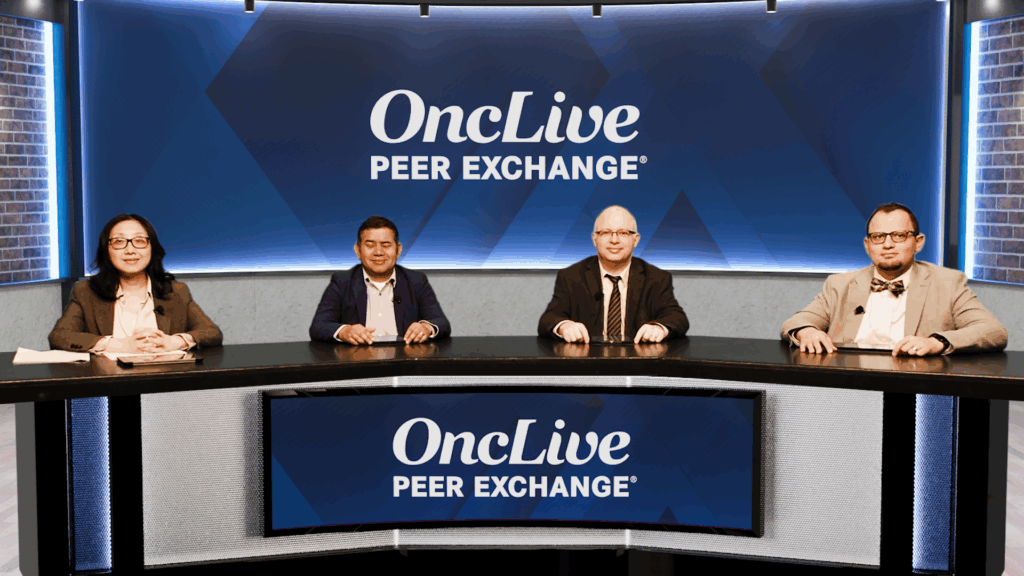
Recent advancements in the treatment of relapsed multiple myeloma have introduced a range of therapeutic options, including CAR T therapies, bispecific antibodies, and antibody-drug conjugates (ADCs). With these innovations, the sequencing of therapies has become increasingly complex, necessitating a more individualized approach to treatment.
Complexity in Treatment Sequencing
CAR T therapy is often preferred for patients who are deemed fit, primarily due to its potential to offer significant treatment-free intervals. These intervals can greatly enhance the quality of life for patients by reducing the burden of ongoing treatment. In contrast, ADCs, such as belantamab, present distinct advantages in terms of accessibility and ease of administration. This is particularly beneficial for patients who may not qualify for cellular therapies, thereby broadening the scope of treatment for those in need.
As the landscape of treatment evolves, ADCs are proving to be particularly effective in early relapse situations. These therapies help circumvent logistical challenges that can arise from more complex treatment regimens, ensuring that patients receive timely and appropriate care.
Personalizing Treatment Decisions
The decision-making process for treating relapsed myeloma patients is becoming increasingly tailored to individual circumstances. Factors such as prior therapies, patient preferences, logistical considerations, and the toxicity profiles of available options are all critical in shaping treatment plans. This personalized approach is essential not only for maximizing therapeutic outcomes but also for ensuring that the treatment aligns with the specific needs of each patient.
With a growing number of treatment options available, healthcare providers are encouraged to adopt flexible strategies that can adapt to each patient’s unique situation. The integration of these various therapeutic modalities is crucial to improving the overall management of relapsed multiple myeloma and enhancing patient outcomes.
As the field continues to advance, the hope is that these innovative treatments will lead to better management of multiple myeloma, ultimately improving survival rates and quality of life for patients around the world. The ongoing research and development in this area will play a pivotal role in shaping future therapeutic strategies and patient care.






